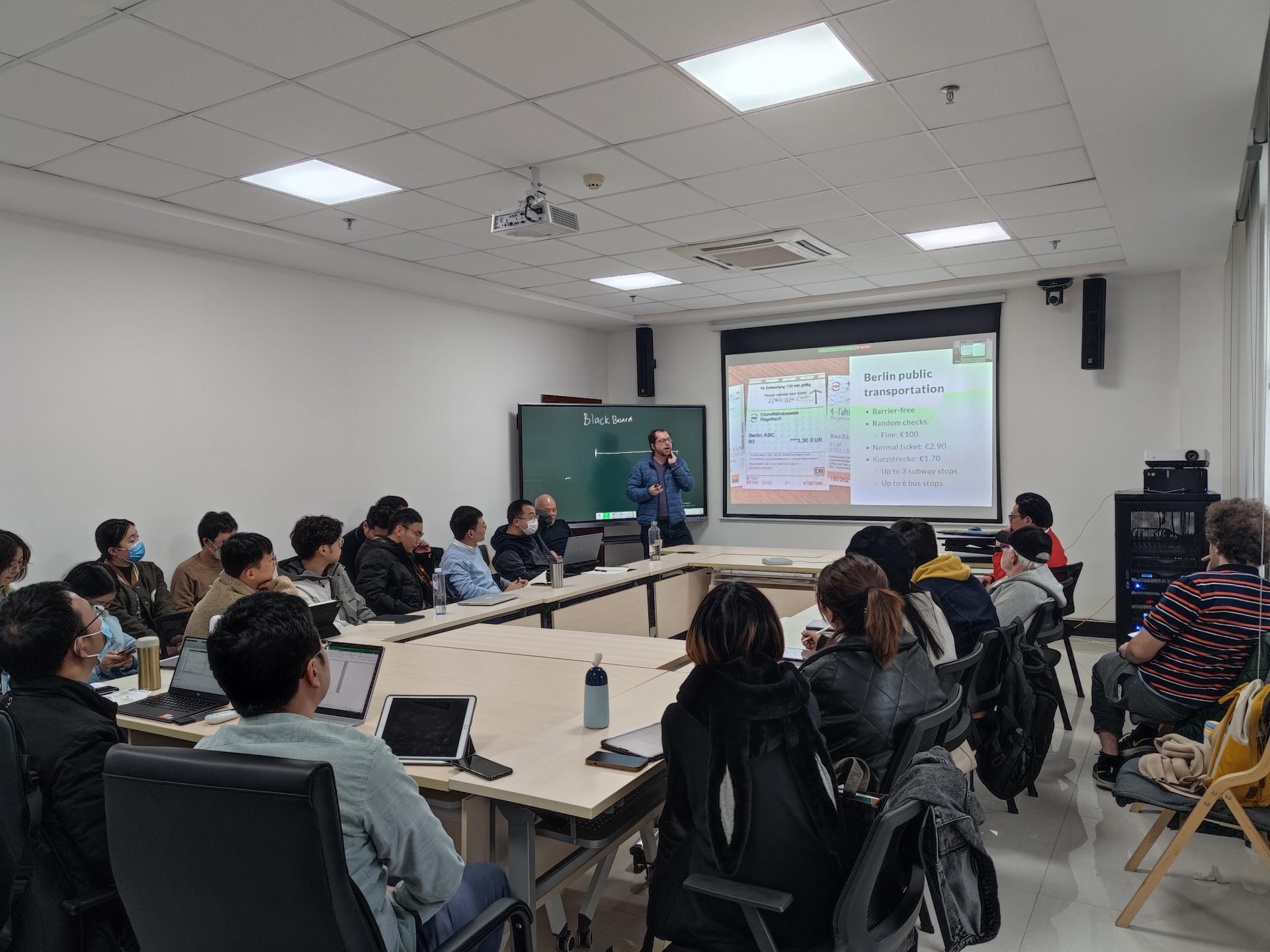时间:2021年11月16日(周二)下午3:0-下午5:00
地点:弘远楼3楼311室
线上链接:https://us02web.zoom.us/j/4588649912?pwd=NVJBSGFwYjZpd095ZnRnK0V1endrZz09
腾讯会议ID: 458 864 9912 密码: 181616
会议流程:
题目: On the Job Training
主讲人: Lawrence Choo, 林森然
题目: Shirk Responsibility in Group Decision-making?
主讲人: 石启超
题目: Incentive-compatible public transportation
主讲人: Inacio Bo
题目: A Gene-Brain-Behavior Basis for Familiarity Bias in Source Preference
主讲人: Chew SooHong, Richard Ebstein
内容提要:
Source preference in which equally distributed risks may be valued differently has been receiving increasing attention. Using subjects in the Berkeley area, Fox and Tver sky (1995) demonstrate a familiarity bias in source preference - betting on a less than even-chance event based on San Francisco temperature is preferred to betting on a better than even-chance event based on Istanbul temperature. Familiarity bias appears to have its roots in anxiety and fear towards the unknown and affected by benzodiazepines as anxiolytic agents that enhance GABAA receptor activity. Importantly, the amygdala is the neuroanatomical hub in the brain for processing fear and anxiety. This leads us to hypothesize that individual differences in familiarity bias may be explained by polymoiphic variations in the GABAA receptor mediated by anxiety regulation in the amygdala. This hypothesis is tested across two studies. In Study 1 involving 325 Beijing-based subjects, we examine ten single nucleotide polymorphisms (SNP) of GABRB2 (a gene for the GABAA receptor) and find that seven SNPs each shows a negative association between having at least one minor allele (i.e., less than 50% prevalence') and familiar让y bias in favoring a bet on the parity of Beijing temperature over a bet on the parity of Tokyo temperature paying slightly more. In Study 2 under neuro imaging for a subsample of 40 subjects based on the SNP with the most balanced allelic distribution, we elicit their risk attitude for bets on the parity of the temperature of twenty Chinese cities. We find a positive relation between subjects5 degree of risk tolerance and their post-sc aiming familiarity ratings only for those with at least one minor allele in this SNP. We further find that familiarity bias is positively associated with activation in the right amygdala which is, notably, lower for subjects with at least one minor allele.
Overall, our findings point to a gene-brain-behavior link involving GABA, amygdala, and familiarity bias in source preference. Finally, the close link between GABA, attention and memory, suggests the notion that familiarity bias mediated by GABAergic neurotransmission is also contingent on brain attentional memory circlets.
同样分布的风险可能得到不同的评价的来源偏好,已经受到越来越多的关注。Fox和Tver sky(1995)使用伯克利地区的受试者,证明了来源偏好中的熟悉性偏见--根据旧金山的温度对一个可能性较小的事件下注,比根据伊斯坦布尔的温度对一个可能性较小的事件下注要好。熟悉性偏见似乎起源于对未知事物的焦虑和恐惧,并受到作为抗焦虑剂的苯二氮卓类药物的影响,这些药物能增强GABAA受体的活性。重要的是,杏仁核是大脑中处理恐惧和焦虑的神经解剖学中心。这使我们假设,熟悉性偏见的个体差异可能是由杏仁核中的焦虑调节所介导的GABAA受体的多模态变化所解释。这一假设在两个研究中得到了验证。在涉及325名北京受试者的研究1中,我们研究了GABRB2(GABAA受体的一个基因)的10个单核苷酸多态性(SNP),发现7个SNP分别显示出拥有至少一个小等位基因(即低于50%的流行率)与熟悉偏向之间的负相关,即赞成赌北京温度的奇数比赌东京温度的奇数付出略高。在研究2中,我们根据等位基因分布最均衡的SNP,对40个受试者的子样本进行了神经影像学的研究,诱导他们对20个中国城市的温度奇偶性的赌注的风险态度。我们发现,只有那些在这个SNP中至少有一个小等位基因的受试者,他们的风险容忍度5和他们的sc后瞄准熟悉度评分之间存在正相关。我们进一步发现,熟悉度偏差与右杏仁核的激活呈正相关,而对于至少有一个小等位基因的受试者来说,这种激活明显较低。
总的来说,我们的研究结果指出了基因-大脑-行为之间的联系,其中涉及GABA、杏仁核和来源偏好中的熟悉性偏向。最后,GABA、注意力和记忆之间的密切联系表明,由GABA能神经递质介导的熟悉性偏见也取决于大脑注意力记忆的循环。


